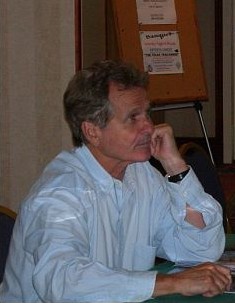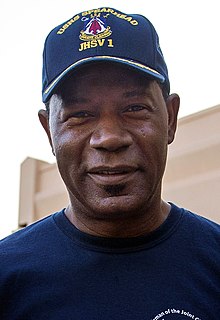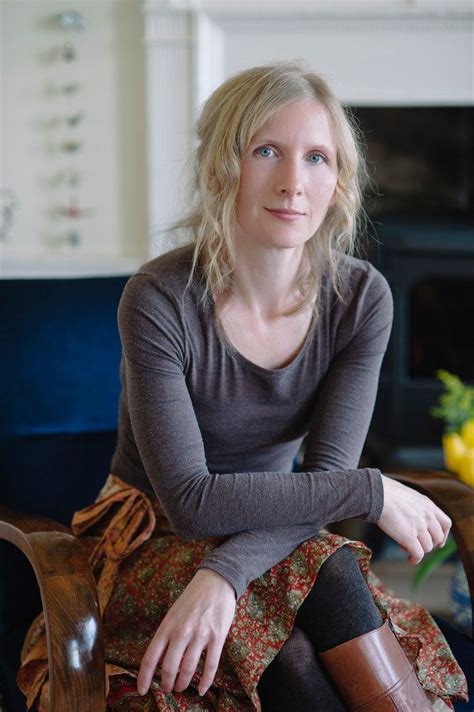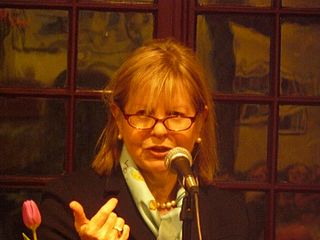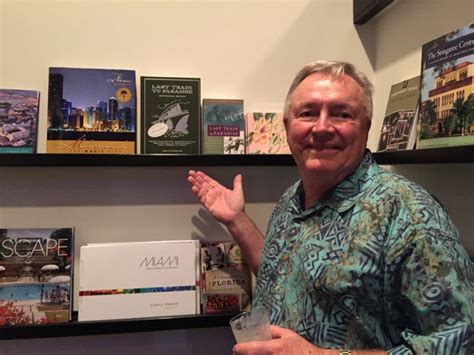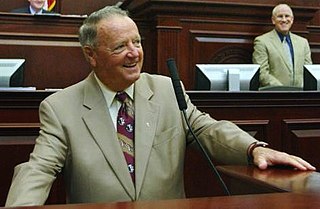A Quote by Mark Goddard
The only person who had any control was Jonathan Harris. His character was so flamboyant that he was able to make things happen. My character was fairly one-dimensional, so I had my relationship with Dr. Smith and with the family.
Related Quotes
I definitely wanted to pay homage to what he did and use his performance in the first one as a foundation. But, I had to make it my own. I couldn't sit there and try to imitate Michael Clarke Duncan. I think that would have been disastrous. I had to make it my own. I tried to take as many nuances that he had with the character and utilize them as best I could, while creating a character that was unique to me. That's going to happen, no matter what.
Obviously, when you're in theater, you have to be in character. You have to prepare for the unexpected. You have to be able to react to things that don't necessarily happen every night, or aren't supposed to happen every night. And you have to react to it in character. In six months, 192 shows, those things did happen. And the experience of that, the ability to stay in character, I feel like I've learned a great deal.
You want to be able to really tackle a character and make it a fully-dimensional human being who is complicated, funny, and all the things that a person could be. If you can achieve that, you feel great. You so rarely get to do that as an actress in general, but as a black actress, it's almost never.
I had a lot of time to myself, and I would listen to a lot of music, mostly music that I knew fairly well and had a relationship with. And I'd think, well, what is it that I've never been able to do that this person or people are able to do with this song? Why haven't I been able to do it, and what can they do that I wish I could do? And then I'd try to do that. I'd start each day getting into the songs, and I'd think about how I might get closer to this music that I love, but haven't been able to make before.
With any television series - and it's something that is taken for granted with movies because you have the whole arc within two hours - you establish who the character is and it's a two-dimensional version, or if you're lucky, a two and a half-dimensional character. Once you establish that, you can move forward and break all the rules. Once the audience has accepted who the person is, then you can do the exact opposite. What makes it funny and interesting is doing the opposite.
I had my guitar at the set of 'Lost in Space' every day. I was the only one in the cast who had a stereo in his dressing room. So while I was in school or when I was in there working with Dr. Smith and the robot, half the rest of the cast was in my trailer listening to their records that they would bring.
Never open your story with a character thinking, I advise my students. As a further precaution, don’t put a character in a room alone – create a friend, a bystander, a genie, for God’s sake, any sentient creature with whom your main character can converse, perhaps argue or, better yet, engage in some action. If a person is out and doing, it’s more likely that something interesting might happen to her or him. Shut up in a room with only his thoughts for company well, that way lies fictional disaster.
